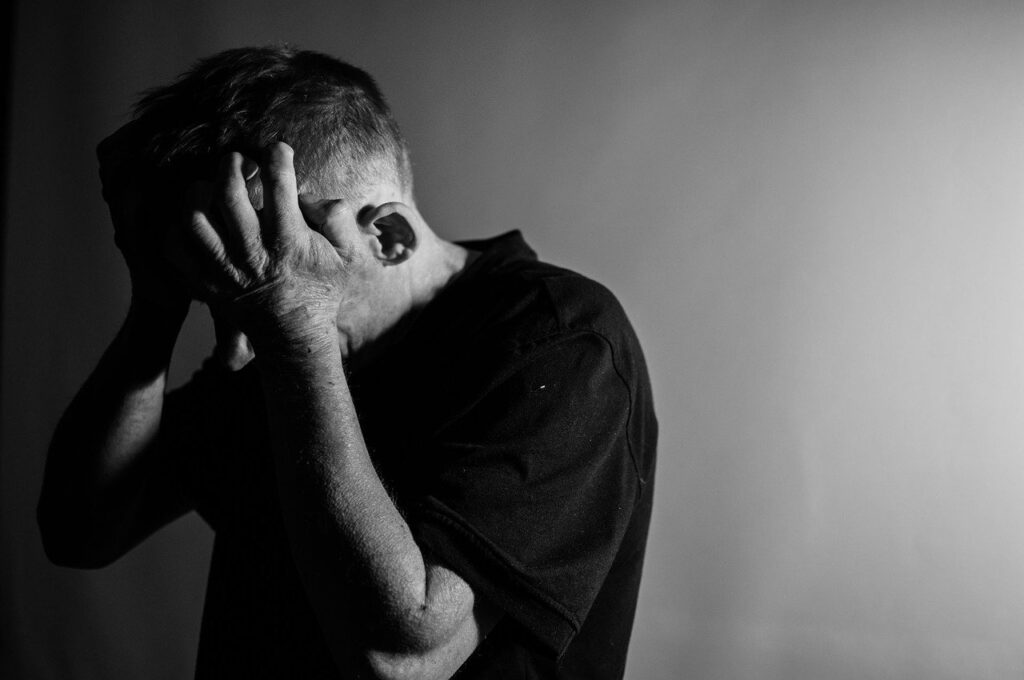CBT For Psychosis
Psychosis is a serious mental health condition that causes confusing and disturbing thoughts for the sufferer. Psychosis suffers usually experience two common symptoms: hallucinations and delusions.
Hallucinations are a sensory experience where a person can hear, see, taste, smell or feel something that does not exist. The hallucination will seem very real to the person experiencing it and can be very frightening to think they are experiencing a reality that others around them are not.
Delusions are a symptom of psychosis whereby a person has a belief in something that is not true. It could be an unwavering conviction that someone is trying to kill them, or they may have an over-inflated sense of importance or power, perhaps believing they are famous or convinced they are immortal.
Psychosis can be triggered by psychological issues such as bipolar disorder or severe distress. Alcohol or drug abuse can also be a contributing factor. A very small number of women who develop post-natal depression can also experience psychotic episodes.
During a psychotic episode, the suffer is unaware that the hallucination or delusion they are experiencing is not reality. This can cause addition distress and anxiety to an already very frightening condition.
How CBT can help with psychosis
It’s important for anyone experiencing psychotic episodes to seek help. Cognitive behavioural therapy (CBT) is an evidence-based intervention that can help people who experience psychosis.
A professional CBT therapist will work towards helping their client reduce the anxiety and distress caused by hallucinations or delusional thoughts. The therapy focuses on teaching people to understand how to make sense of their experiences.
By taking a collaborative approach the therapist can give people the tools to explore the evidence behind their delusions or hallucinations and develop coping mechanisms that allow them to better manage their psychosis.
Speak to our experienced therapists
Our professional and accredited CBT therapists have a range of strategies to help clients learn to live with, and better manage, their condition.
Cognitive Behavioural Therapy Interventions have successfully helped hundreds of clients understand the intricacies of their psychosis. The cognitive approach is highly effective in improving a person’s outlook on life allowing them to open the door to a brighter future.





